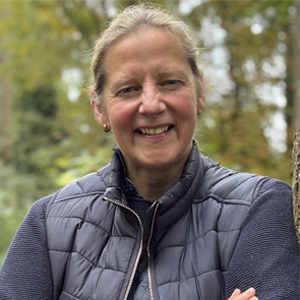A New Approach
For Lindsey, the solution may be the development of a circular economy, where things are made and consumed in a way that minimises the use of the world’s resources.
“The Marshall Plan after the Second World War imposed American-style expansionism on Europe, where growth became the main goal,” she explains. “By the 1960s, everything had slowed down, but a growing economy remained the core objective, which meant we have continued to exploit the environment in our pursuit of wealth and resources to supplement this slowdown. Perhaps we didn’t need to do this at all. Perhaps we just needed to organise our resources better, particularly at local government level.”
As part of her research, Lindsey, who sits on the North Kesteven District Council and is an executive member of Lincolnshire County Council, has been comparing local government approaches in England and Germany, finding that the latter is more autonomous and not just a branch of central government. She has also been interviewing key local stakeholders, such as council leaders, chief executives, finance directors, planners, political lobbyists, and housing developers, to see if there is a better approach that can deal with the growth issue while also addressing the potential gaps in funding for core services.
“It appears that it would be better for local authorities to work together and pool resources,” says Lindsey. “There is also a huge crossover in social care between the NHS and local councils where efficiencies can be implemented. My research is showing that there is so much more that can be achieved with a different focus and approach.”

/prod01/university-of-lincoln-cdn-pxl/media/responsive2017/research/newresearch/Lindsey,Cawrey,banner2,1600X600.jpg )
